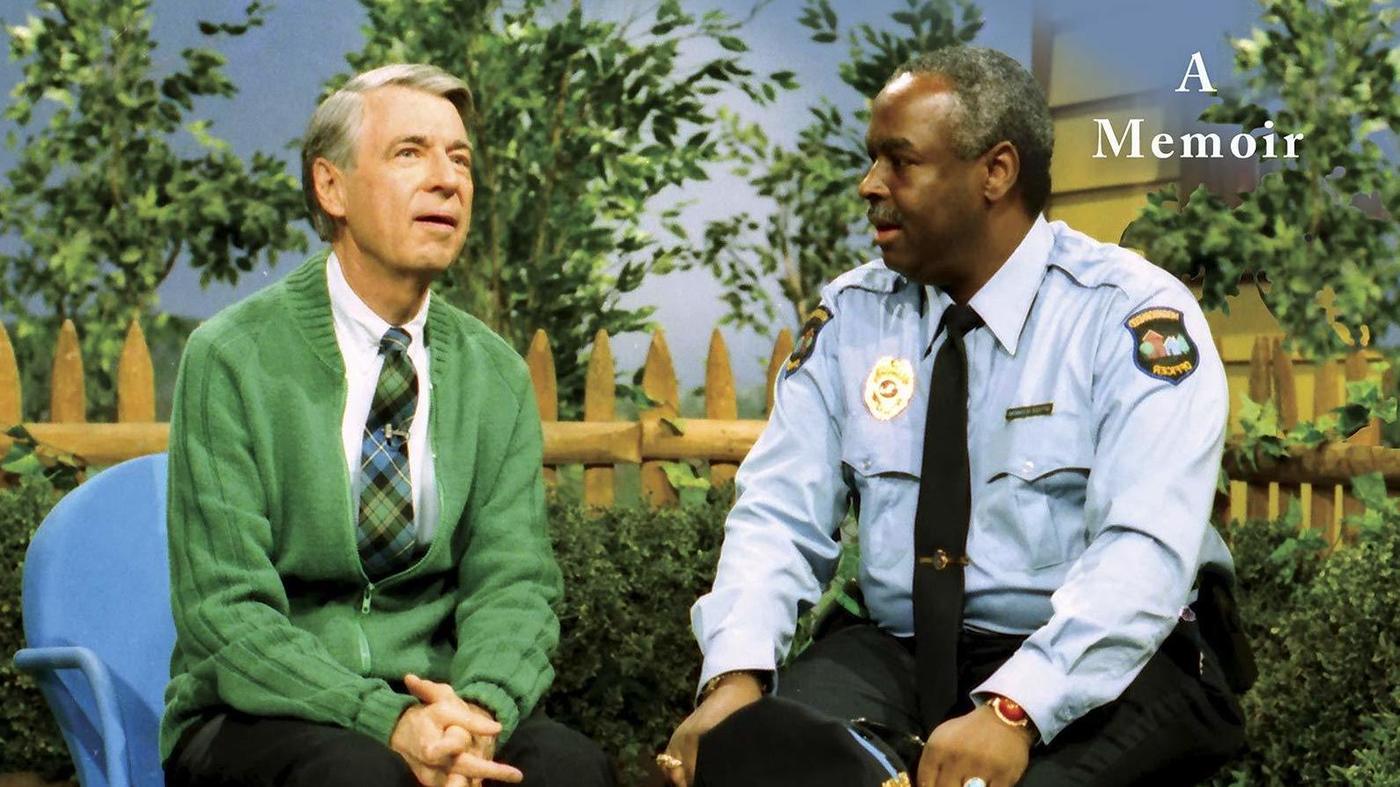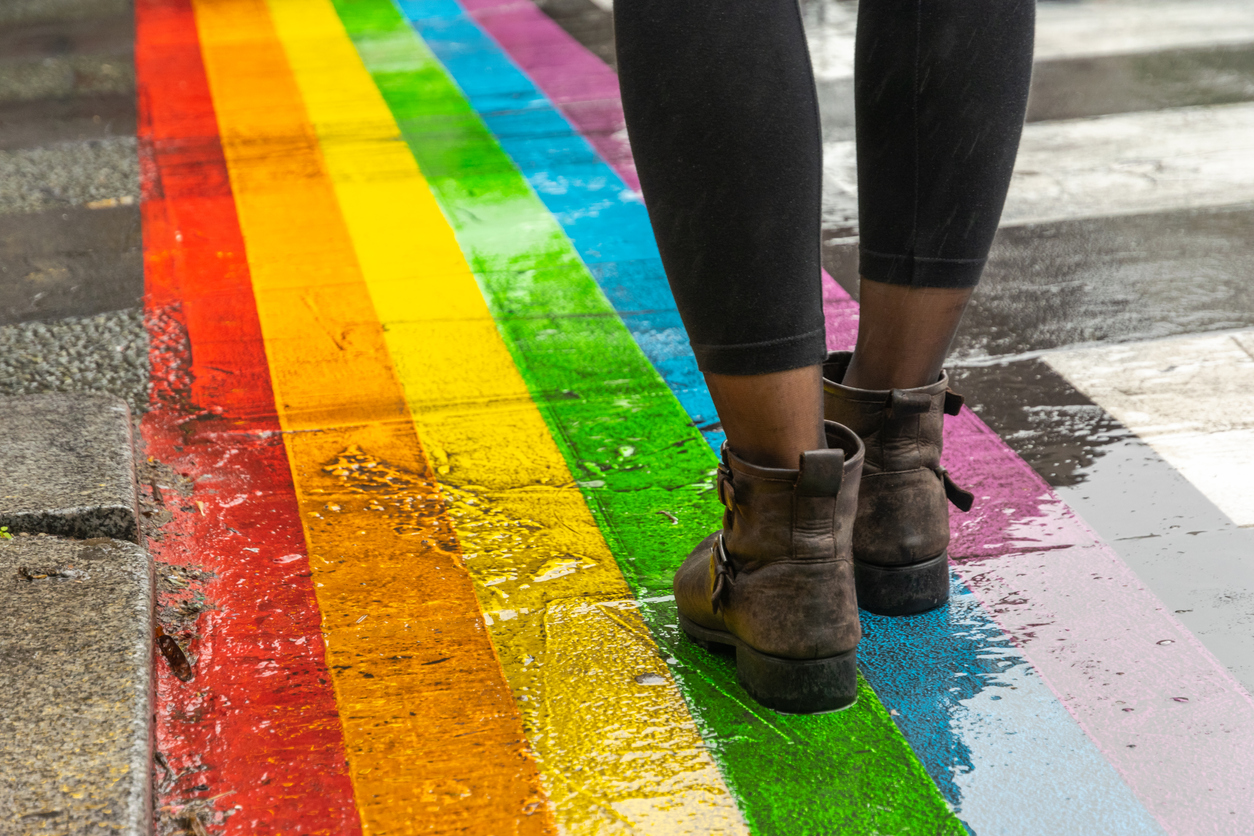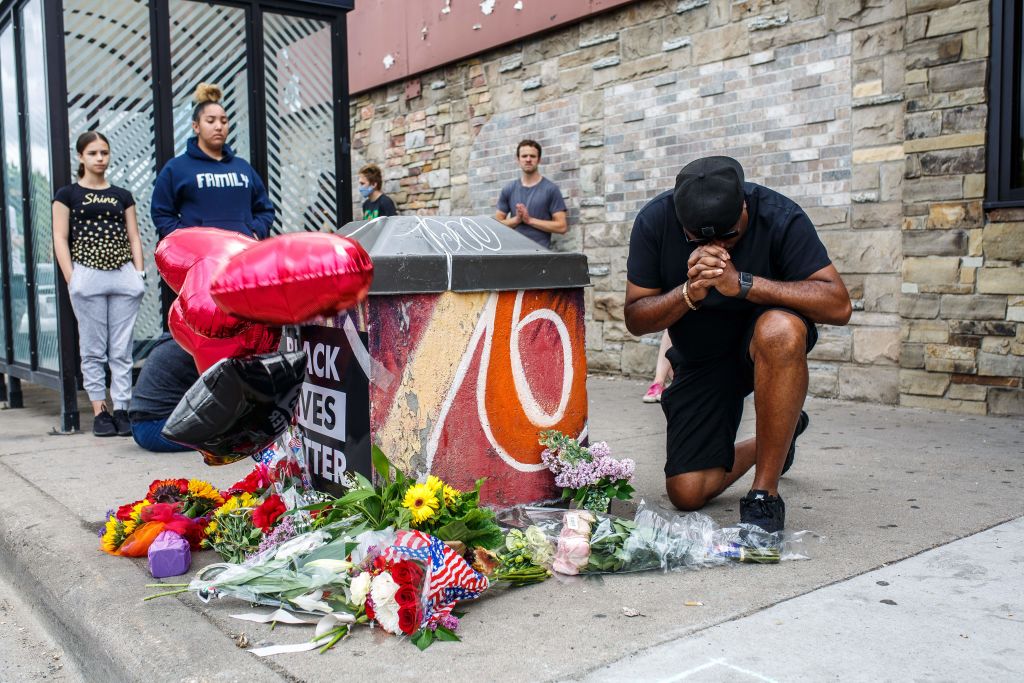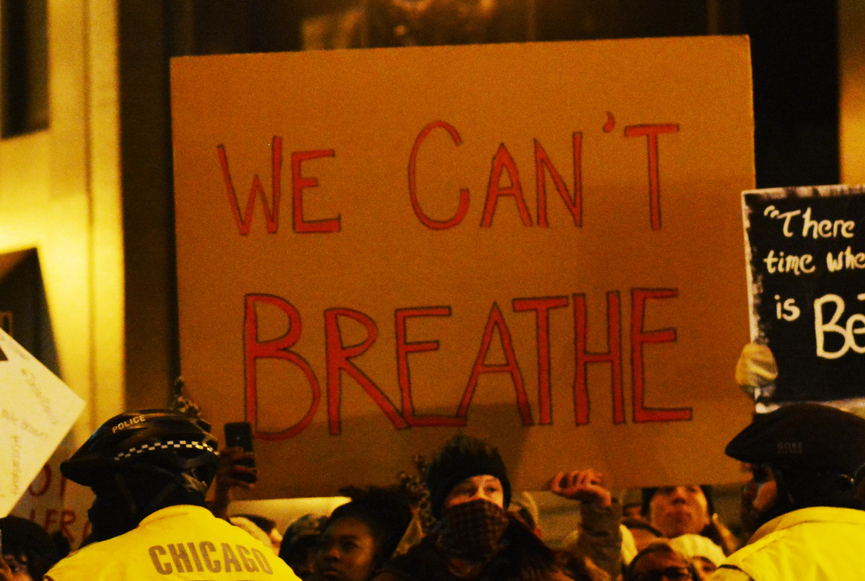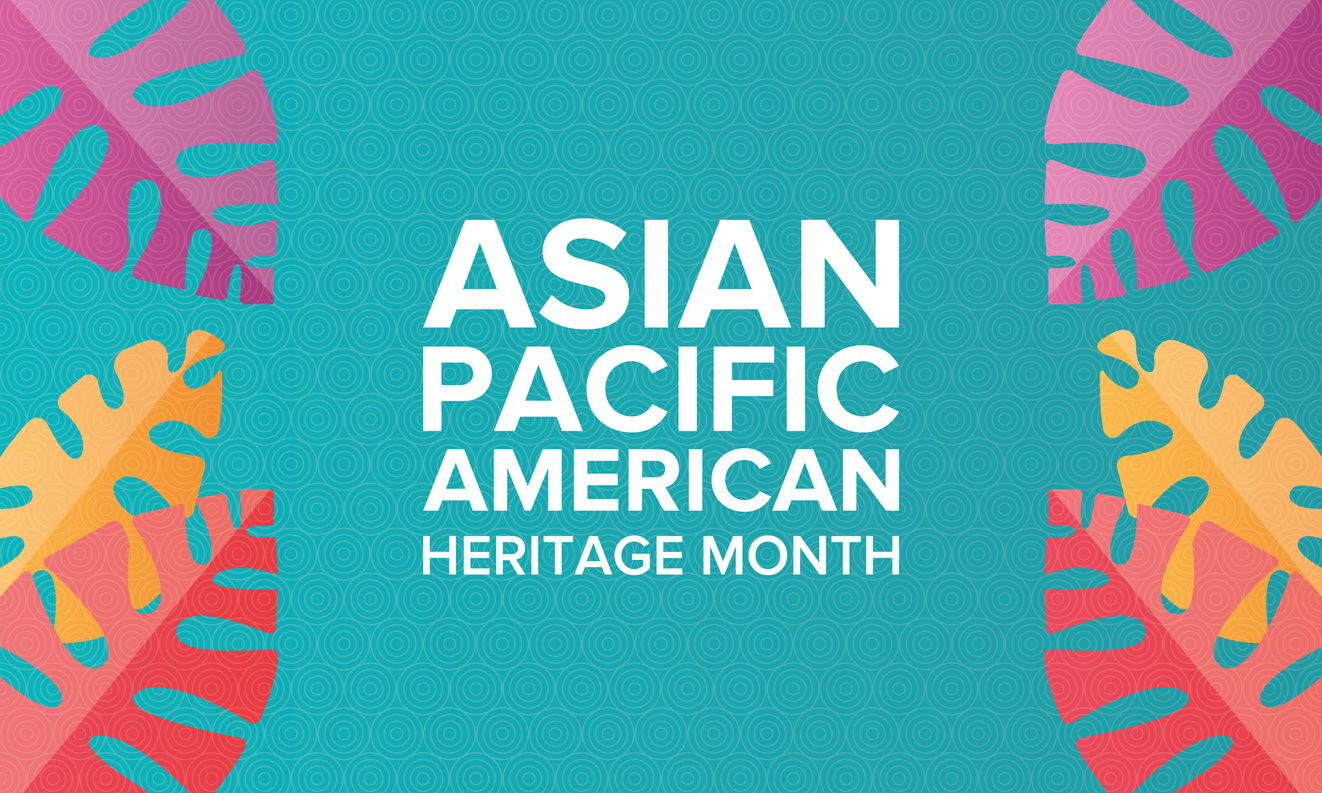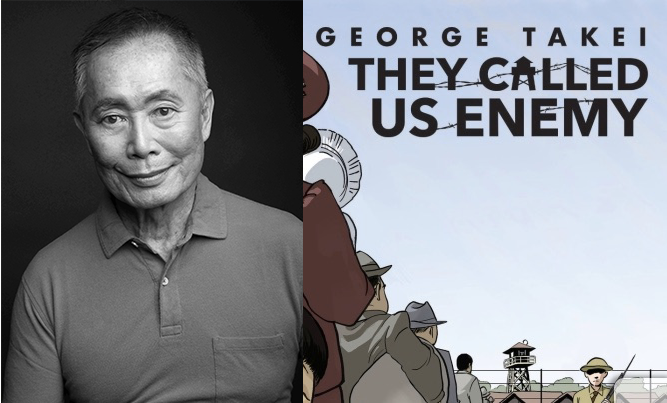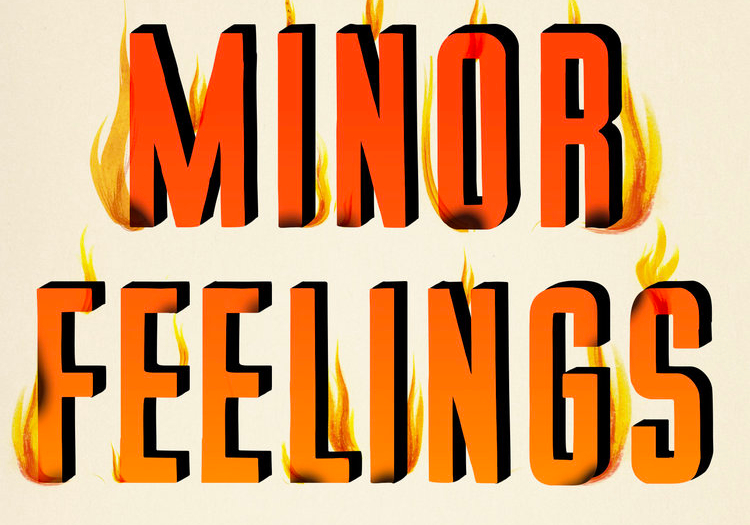Marti Tippens Murphy, Executive Director of Facing History and Ourselves Memphis, recently reflected upon the nature of upstanding and what it demands of us in these times in The Daily Memphian.
Below is an excerpt from her piece:
Topics: Upstander
As Pride Month begins this June, Americans are met with a more limited set of options for gathering in groups to celebrate, resist, and learn. As Pride marches are canceled and reimagined in this moment of social distancing, we also have an opportunity to dive into the richness of LGBTQIA+ history and life through a wealth of books written by LGBTQIA+ people and allies. For educators and others eager to deepen their own learning on these subjects, the following 6 titles released this year provide new perspectives on this community’s history, its unsung heroes, the history of gender-neutral pronouns, and the intersection of sexuality and gender identity with other dimensions of identity.
June is Pride Month in the United States—a time to honor our nation’s diversity in terms of sexual orientation and gender identity, as well as the array of experiences, struggles, and visions that LGBTQIA+ people bring to the world. Originally instituted to honor the Stonewall Riots of 1969, Pride Month has grown to encompass a vast and rich array of events that reflect the diversity of the community itself. And yet, this Pride Month is different from any other in recent memory. Even as social distancing disrupts the typical array of in-person gatherings, marches, and celebrations, LGBTQIA+ people and allies are still finding many ways to connect, learn, reflect, and resist.
Stay tuned over the coming weeks for these new offerings on the histories, experiences, and brilliance of LGBTQIA+ people:
Topics: LGBTQ
We have all seen the images of fires burning in my hometown of Minneapolis. Pain and outrage have overflowed in protests resulting from the police killing of George Floyd on Monday of this week. Officer Derek Chauvin, who kept his knee on Floyd's neck, despite his outcry that he couldn't breathe and that they were going to kill him, has now been taken into custody, charged with murder and manslaughter.
On May 25, 2020, a black Minnesota man, George Floyd, was killed after a white police officer suffocated him while a group of officers looked on. Floyd, like so many black people who have come before him, was stopped by the police while driving and would not make it home that night. Given the innate limitations of virtual instruction, we are currently examining what it would mean to create space for brave and supportive processing of events like this one in virtual classrooms. But even as we thoughtfully expand the tools we offer to meet this moment, we believe that learning, reflection, and action must begin immediately in our personal lives. Pausing to apprehend the gravity of Floyd’s death, the historical and contemporary political contexts in which it occurred, and the tools for self-care and resistance that are available to us is paramount.
Topics: Democracy, Black History
Asian/Pacific American Heritage Month is an invitation to pay attention to the history, identities, and stories of Asian and Pacific Islander American (AAPI) peoples. It is also a chance for educators to better understand and support AAPI students. And as AAPI people continue to be victimized by increased acts of racist violence in the wake of the pandemic, educators face additional challenges around how to support students from those communities, lend historical context to these harrowing events, and stand against anti-Asian racism. As Asian/Pacific American Heritage Month draws to a close and we move into the summer months, we invite you to check out our newest resources on these subjects and use them all year long:
During a recent conversation with the Facing History community, acclaimed actor George Takei spoke about his experience surviving Japanese American incarceration and the lessons he subsequently learned from his father about the importance of relentless civic engagement. Takei is the author of the graphic memoir They Called Us Enemy (2019) in which he integrates his childhood experience of incarceration with perspectives gleaned from older survivors to offer readers of all ages an accessible window into his family’s experience.
Topics: Democracy, Japanese American Incarceration
This Asian/Pacific American (APA) Heritage Month, news of mounting discrimination and violence against Asian Americans has been drawing increased attention to the experiences of this community, past and present. As shutdowns and social distancing recommendations lead Americans to spend more time at home, now is the perfect time to deepen our understanding of the richness of Asian American and Pacific Islander American history, as well as the community's immense resilience and creativity. The following five books released within the last year offer a rich complement to Facing History's curricular materials for any educator eager to learn more about the struggles, resilience, and triumphs of APA peoples. Below, the publisher of each book outlines the material you can expect to encounter:
As the coronavirus pandemic ravages communities across the country, particular communities are being attacked by an equally pernicious force. Its manifestations include the protesters in Michigan who recently stormed the state capital donning swastikas, nooses, and Confederate flags as they demanded an end to lockdowns. Or the parallel protest in Illinois where a woman held a sign displaying a German phrase famously emblazoned on Nazi concentration camps. And for many months, Asian Americans continue to be the victims of increased harassment and hate crimes in cities around the country. As medical leaders race to halt the spread of the pandemic, it is clear that we are not only battling a viral assailant. We are witnessing the lethal effects of a political establishment that permits and even perpetuates violence, as well as small but mighty groups of upstanders calling for change. For this dimension of the crisis, cultivating a culture of upstanding is the antidote we most dearly need, and it starts in the classroom.
Topics: Antisemitism, Democracy, Upstanders, Racism, xenophobia
"Reconstruction Never Ended": A Review of Eric Foner's Second Founding
Posted by Thomas Simpson on May 11, 2020
Guest writer Thomas Simpson offers a review of historian Eric Foner's towering new book, The Second Founding: How the Civil War and Reconstruction Remade the Constitution. Thomas holds a master's degree in History from Georgetown University and is a core member of Facing History's Marketing and Communications team.
Topics: Democracy, Reconstruction


